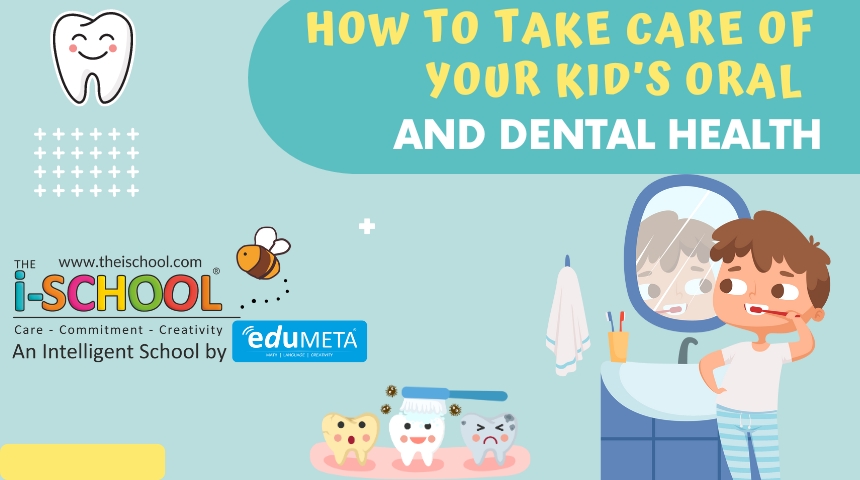How to Take Care of Your Kid’s Oral and Dental Health

Ensuring your child’s oral and dental health is one of the most important responsibilities you have as a parent. Healthy teeth and gums are vital for your child’s overall well-being, and establishing good oral hygiene habits early on can set the foundation for a lifetime of healthy smiles. Here’s a comprehensive guide on how to take care of your kid’s oral and dental health.
1. Start Early: Oral Care Begins Before the First Tooth
Even before your baby’s first tooth appears, it’s essential to start taking care of their oral health. Gently wipe your baby’s gums with a clean, damp cloth after feedings to remove bacteria and prevent plaque buildup. Once the first tooth erupts, usually around six months, you can start using a soft-bristled baby toothbrush with a tiny smear of fluoride toothpaste.
2. Establish a Daily Brushing Routine
As your child grows and more teeth come in, brushing should become a regular part of their daily routine. Teach your child to brush their teeth twice a day—once in the morning and once before bed. Use a pea-sized amount of fluoride toothpaste and a child-sized toothbrush with soft bristles. Make sure they brush all surfaces of their teeth and gums for at least two minutes.
3. Supervise Brushing and Flossing
Children need guidance when it comes to brushing and flossing. Supervise their brushing until they’re around 7-8 years old to ensure they’re doing it correctly. Help them floss between their teeth once they have two teeth that touch. Flossing removes food particles and plaque from between the teeth and along the gumline, where a toothbrush can’t reach.
4. Make Brushing Fun and Engaging
Encouraging good oral hygiene can be fun! Use toothbrushes with your child’s favorite characters or play their favorite song while they brush. You can also turn brushing into a game or reward consistent brushing with stickers or small prizes. Making the experience enjoyable will help your child look forward to brushing their teeth.
5. Limit Sugary Foods and Drinks
Sugar is a major culprit in tooth decay, so it’s important to limit your child’s intake of sugary foods and drinks. Avoid giving them sugary snacks, sodas, and juices, especially before bedtime. Instead, encourage healthy snacks like fruits, vegetables, and cheese. Water should be the drink of choice, and milk is also a good option.
6. Regular Dental Checkups
Regular visits to the dentist are crucial for maintaining your child’s oral health. Schedule their first dental visit by their first birthday or when their first tooth appears. After that, regular checkups every six months will help monitor their oral health, catch any issues early, and keep their teeth clean and healthy.
7. Teach the Importance of Oral Hygiene
Help your child understand why taking care of their teeth is important. Explain how brushing, flossing, and regular dental visits help keep their teeth strong, prevent cavities, and avoid toothaches. When children understand the “why” behind their oral care routine, they’re more likely to stick with it.
8. Address Dental Issues Promptly
If your child complains of tooth pain, sensitivity, or you notice any discoloration or swelling, don’t wait—schedule a dental appointment immediately. Early intervention can prevent small problems from becoming major dental issues.
9. Lead by Example
Children learn by watching their parents. Be a role model for good oral hygiene by brushing and flossing your teeth regularly. When your child sees you taking care of your teeth, they’re more likely to do the same.
Conclusion
Taking care of your child’s oral and dental health is an ongoing process that requires consistency, education, and a bit of creativity. By starting early, establishing a daily routine, and making oral care fun, you can help your child develop habits that will keep their teeth and gums healthy for life. Remember, a healthy smile starts with good oral hygiene—so make it a priority in your child’s daily routine!
